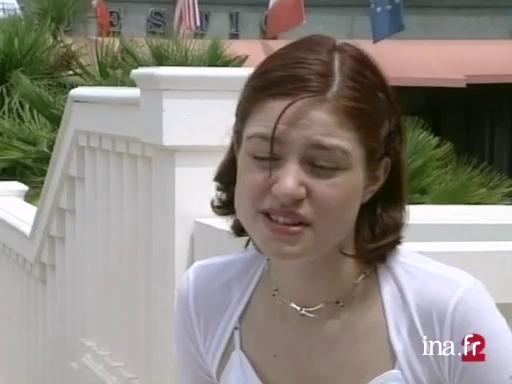The Dardenne brothers

Information
At the Cannes Festival, screeing of Rosetta, the sombre and realistic film by the Dardenne brothers. Interview with the main actress, Emilie Dequenne.
Context
It was to the 15 directors at Cannes that Luc and Jean-Pierre Dardenne, quite experienced directors (especially of documentary films) that the shock of La Promesse was revealed where a promising actor shone through, Jérémie Rénier.
They did the "miracle" again with Emilie Dequenne three years later, this time in "the arena", the Cannes competition. If the press, blown away by the militant realism, the virtuosity of the handheld cameras and the inextinguishable energy of Rosetta which rightly promised a performance award for the actress, the shock was bigger and the cheers were plenty among the "professionals of the profession" when the Palme d'Or was announced.
Since then, the European cinematographic landscape has got used to the raw naturalism of the Dardennes, with Le Fils (Performance Prize at Cannes awarded to Olivier Gourmet in 2002) then L'Enfant, a second Palme d'Or in 2005 - a rare privilege that they share with Emir Kusturica.


